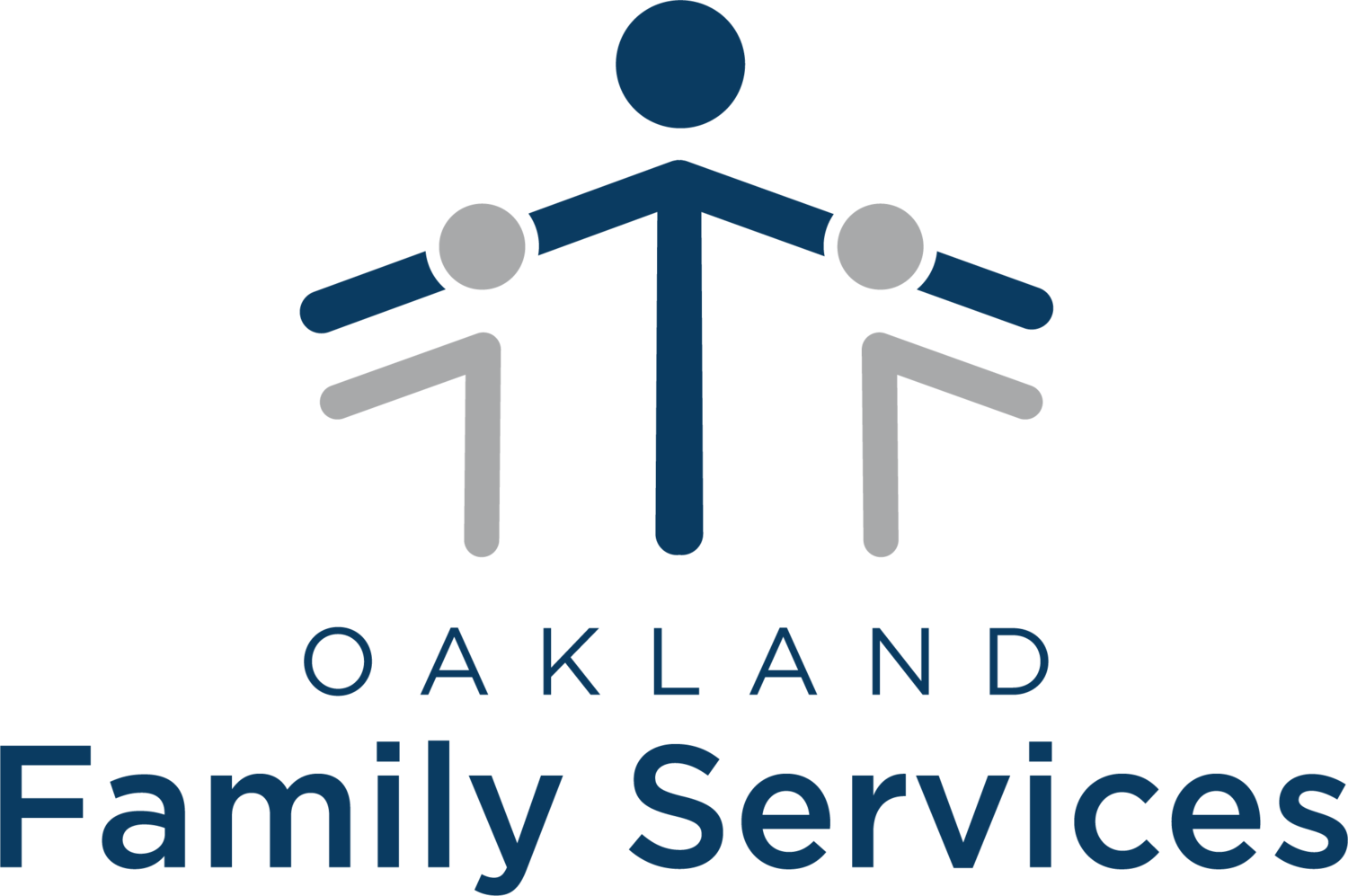Pooled Income Funds
When the trust ends, the property remaining in the trust passes to the charity, specifically to the Oakland Family Services endowment fund at the Community Foundation for Southeastern Michigan. Instead of making a bequest in your will, you "accelerate" your charitable gift by means of a trust. You are entitled to a substantial income tax charitable deduction the year you establish the trust.
There are two types of charitable remainder trusts: the charitable remainder annuity trust and the charitable remainder unitrust. Both types provide for payments to one or more individuals for life or for a specified period of years, with the principal ultimately passing to Oakland Family Services.
The annuity trust must provide a fixed amount annually to you or an income beneficiary designated by you. The income must equal at least 5% of the amount you placed in the trust. The income payment you receive does not change, and additional gifts may not be made to the annuity trust after its creation.
The unitrust pays a fixed percentage (5% minimum) not of the amount you place in the trust, but of the fair market value of the trust assets. Because the value of assets can be expected to change from year to year, the unitrust payment will vary in amount each year. If the value of the unitrust increases, the payout will likewise increase. Decreases are also possible, although it is expected that over the years the principal will grow; thus the income to the donor or designated beneficiary will grow as well. Additional contributions may be made to the trust after it is established.
Considerations and Benefits for Pooled Income Funds
There is an immediate income tax deduction for the charitable remainder value of the gift. If all of the deduction cannot be used in the year of the gift, the excess deduction may be carried forward into subsequent tax years.
Capital gains tax on long-term appreciated property is avoided. The income tax deduction is based on the current fair market value of the asset.
Estate taxes may be diminished.
The fund may be used to provide additional income for the donor or a loved one.
Additional contributions may be made to a pooled fund at any time.
Who Might Be Interested in Giving Through Charitable Remainder Unitrusts?
Donors who want a variable, market-driven income but do not have the means or do not wish to contribute an amount large enough to create a charitable remainder unitrust.
Younger donors who need to keep some income for life and want a variable market-driven income.
Donors who wish to provide a family member, a long-time employee or other beneficiary with additional lifetime or retirement income.
Donors with highly appreciated, but low-yield assets who want to increase their income without paying capital gains taxes on the profit.
Want to Know More?
For more information, (248) 858-7766 ext. 1203.
